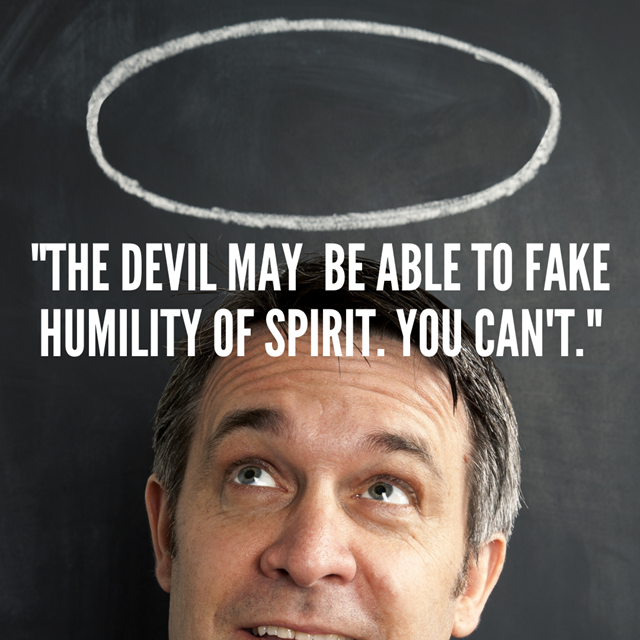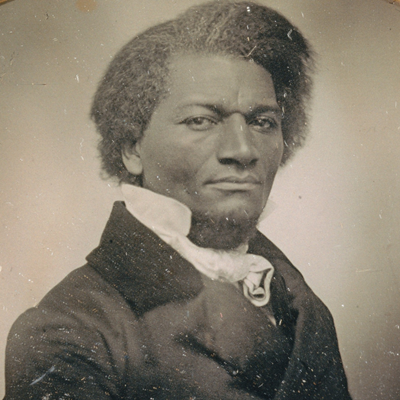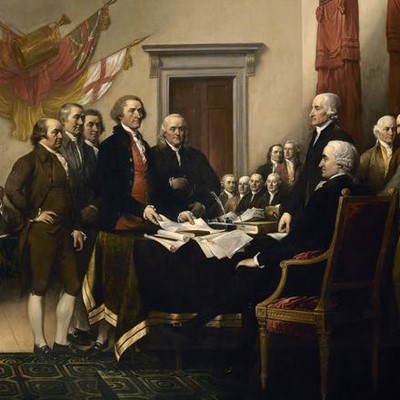
"Character is the primary element that a speaker brings to the stage. Everything else can be learned," writes Reid Buckley. In his book "Strictly Speaking," he looks at the virtues and vices a speaker can project. We’re providing excerpts here in our online magazine.
"The principal virtue, absent which, nothing is possible."
– Reid Buckley, on the importance of humility of spirit in a speaker
The Virtues: Humility of Spirit
Demosthenes and Cicero made enemies, and this cost them their lives. If I have not love...said St. Paul.
The desire, the passion, the felicity of expression and gesture, the wit, the humor, the darling intellect: All amount to not a hill of beans if humility of spirit is absent.
Not even personal magnetism, which cannot exist, at least on the podium, without humility of spirit.
Traits
Sweetness of disposition. Self-effacement. The ability to laugh heartily at oneself. Patience. Magnanimity. The ever-present consciousness of one's fallibility. The believer's ontological and eschatological view; the contemporary secular particle physicist's cosmological view.
The Devil may be able to fake humility of spirit; you can't.
From the Stage
The speaker attaches to himself no important, to his mission, every importance. If that mission is to please and entertain the audience, he goes all out. If it is to advance a point of view, he devotes every skill and talent to the purpose, emptying himself in the mission.
He is no glad-hander. His demeanor is modest (he may blush easily). He takes no credit. He is truly embarrassed by flossy, flattering, elaborated introductions, showing this.
He shuns rhetorical excesses and fancy language. He subjects the power of language to its primary functions: to communicate and to persuade. He is aghast at an imputation of vanity. Applause pleases him for the sake of his message...and, characteristically, slightly surprises him.
He is awkward about compliments at the conclusion of his speech, fearing that he may have betrayed his purpose by calling attention to the rhetorical powers whose sole justification is to support and advance the purpose.
He loathes speaking in public.






